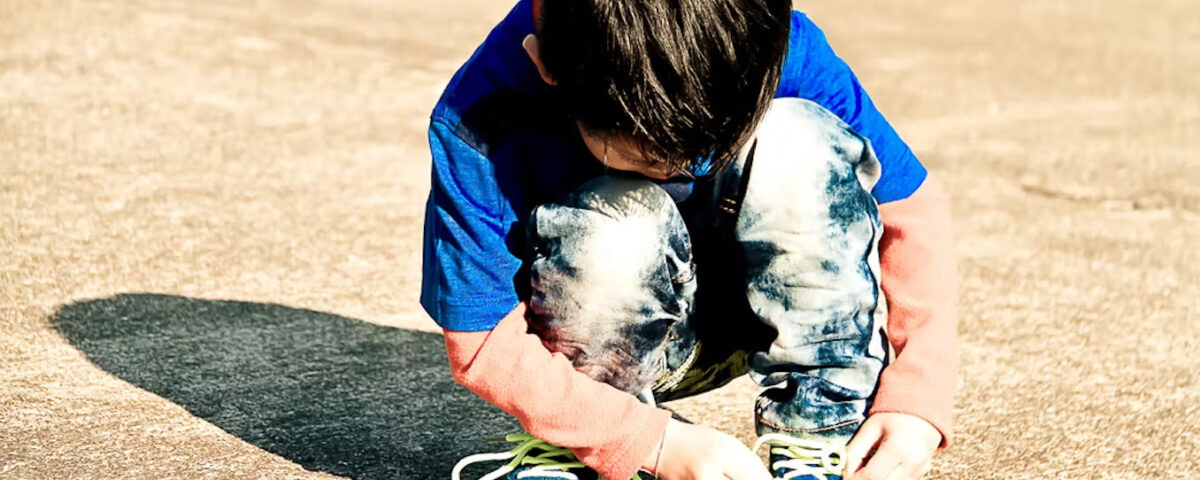- Have any questions?
- (561) 206-2574
- jamie@JamieTheTutor.com
A Quick Look at Dyspraxia in Children

An Understanding of Phonological Awareness
February 16, 2023
An Overview of Expressive and Receptive Language Disorders
April 12, 2023A Quick Look at Dyspraxia in Children

What is Dyspraxia?
Dyspraxia or developmental coordination disorder (DCD), is a neurodevelopmental condition that begins in childhood and causes difficulty with fine motor and gross motor skills, motor planning and coordination. Children with dyspraxia may find it challenging to write, fasten buttons, play sports or ride a bicycle.
Signs and Symptoms of Dyspraxia in Children
According to the clevelandclinic.org in an article titled Dyspraxia: What It Is, Causes, Symptoms, Diagnosis & Treatment, here is a breakdown of signs and symptoms of dyspraxia by age:
Signs of dyspraxia in babies and toddlers
- Delays in reaching expected developmental milestones can be an early sign of dyspraxia in babies and toddlers.
- Your child may take longer than expected to roll over, sit, crawl or walk.
- Your child has difficulty playing with toys that involve good coordination, such as stacking cups.
- Your child has some difficulty learning to eat with spoons and forks.
Signs of dyspraxia in older children
- Difficulty with walking up and down stairs.
- Difficulty with balance — they may bump into objects, fall frequently or seem clumsy.
- Difficulty with sports and activities, such as riding a bike; jumping; and catching, throwing or kicking a ball. They may avoid participating in activities because of their lack of coordination.
- Difficulty with writing, drawing/coloring and using scissors compared to other children their age.
- Difficulty getting dressed, fastening buttons, brushing their teeth and tying shoelaces.
- Restlessness — they may swing or move their arms and legs frequently.
- Your child may become frustrated when trying to perform these tasks.
Comorbid Conditions with Dyspraxia
It is common for children with dyspraxia to have other conditions with overlapping symptoms, such as:
- Attention Deficit Hyperactivity Disorder (ADHD)
- Autism Spectrum Disorder (ASD)
- Childhood Apraxia of Speech
- Dyscalculia
- Dyslexia
Treatment for Dyspraxia in Children
Although there is no cure for dyspraxia, finding the correct interventions and therapies can greatly aid children with dyspraxia to manage their symptoms and improve their abilities. Since every child is unique and requires an individualized plan for treatment, finding the right services and programs is key to success.
Here is a list of different types professionals that can help children with dyspraxia:
- Occupational Therapists
- Physical Therapists
- Speech and Language Pathologists
- Behavior Analysts
- Psychologists
- Pediatric Specialists
Dyspraxia or developmental coordination disorder (DCD) is a lifelong disorder. With the correct therapies put into motion, children with dyspraxia can improve both their coordination and motor skills, to live successful lives.

